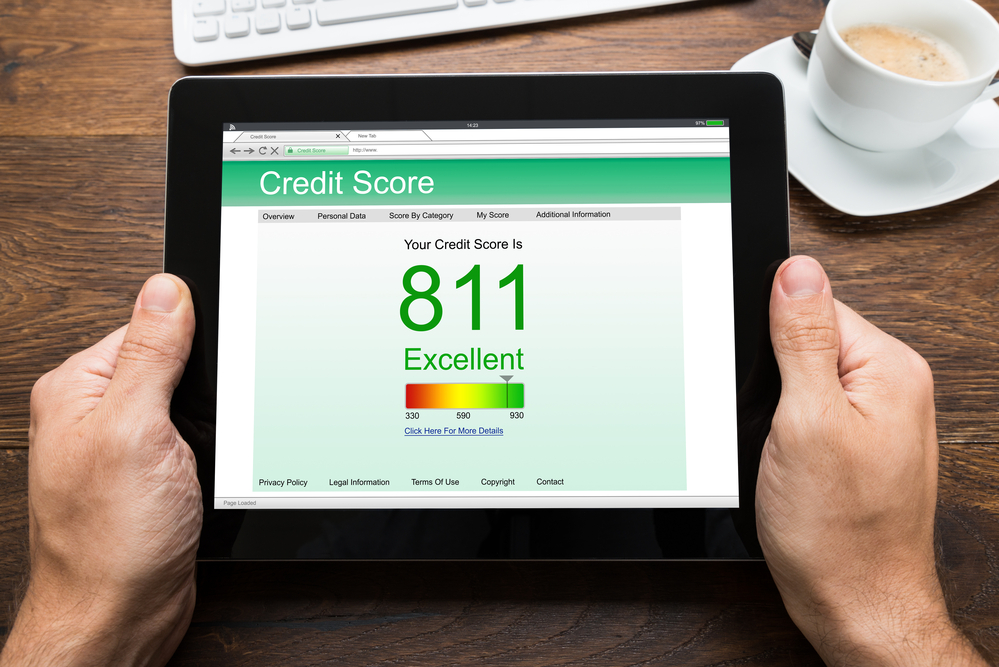Shared Ownership Versus Help To Buy Equity Loans Explained
Unable to get a deposit for a mortgage? There is nothing to be worried about, as there are other options out there. Sure, having a big deposit is the safest way to get a good mortgage deal with great rates, but sometimes, it is just not possible. You have to pay rent or perhaps you have a family to look after. This is when you need to turn to other options.
Understanding shared ownership schemes
Such schemes are usually run by private developers or housing associations. You basically buy a part of the property, such as 25%. You can usually go up to 75% of it. You will then pay rent for the rest of the property. Later on, you can get a mortgage or perhaps increase your share.
When it comes to housing associations, they will make decisions based on more factors – such as how much you earn. It is usually less than £80,000. The cost of local housing is also considered. Getting too little over a year will disqualify you, just like getting too much. Some associations also prioritise families.
Additional help may be offered to key workers. Those who work in the medical system or in the military may have some extra benefits.
On the other hand, private developers work on the same operating principles, yet their deposits will usually float around 5%, which is much better than the average of 15% lenders ask for these days.
Keep in mind that if you want to sell, the association or the developer will have a say about it. You will still need a mortgage specialist to help you out in the process.

How help to buy equity loans work
The help to buy equity loan is quite popular as well. The scheme was introduced in 2013 and around 250,000 people have taken advantage of it so far. This option comes with a few restrictions too. Regarding the price, it is capped based on the area. Then, the scheme applies to newly built properties only.
This type of loan unlike payday loans without a credit check involves the government. You will get up to 20% of the total value of the property. This kind of deal boosts your deposit and provides access to incredibly good mortgage rates. The scheme is mostly created for people who find it difficult to save money for a deposit. However, there is a requirement. It is not a simple 0% deal – you will still have to put down about 5% in order to apply.
For instance, if you shoot for a £200,000 property, you can come up with £10,000, which is 5%. You can then take £40,000 in the equity loan, meaning you have 25% altogether. The mortgage will go for 75%, so you will borrow £150,000.
Just like any other loan, this one requires careful planning. While you are likely to get a great deal on the mortgage rate, the equity loan could cost you even more than what you initially borrowed. If you are not sure how it works, it might be better to discuss this option with a mortgage broker – after all, such services are usually free and they end up getting paid by banks.
As a short final conclusion, not being able to save for a deposit is not the end of the world. Sure, a big deposit will work wonders and no matter what you are after, you will still require at least 5%. These days, you cannot get a house with a basic 0% deposit, so saving is mandatory. The good news is you can climb on the property ladder much faster, especially if you struggle coming up with the rest.
